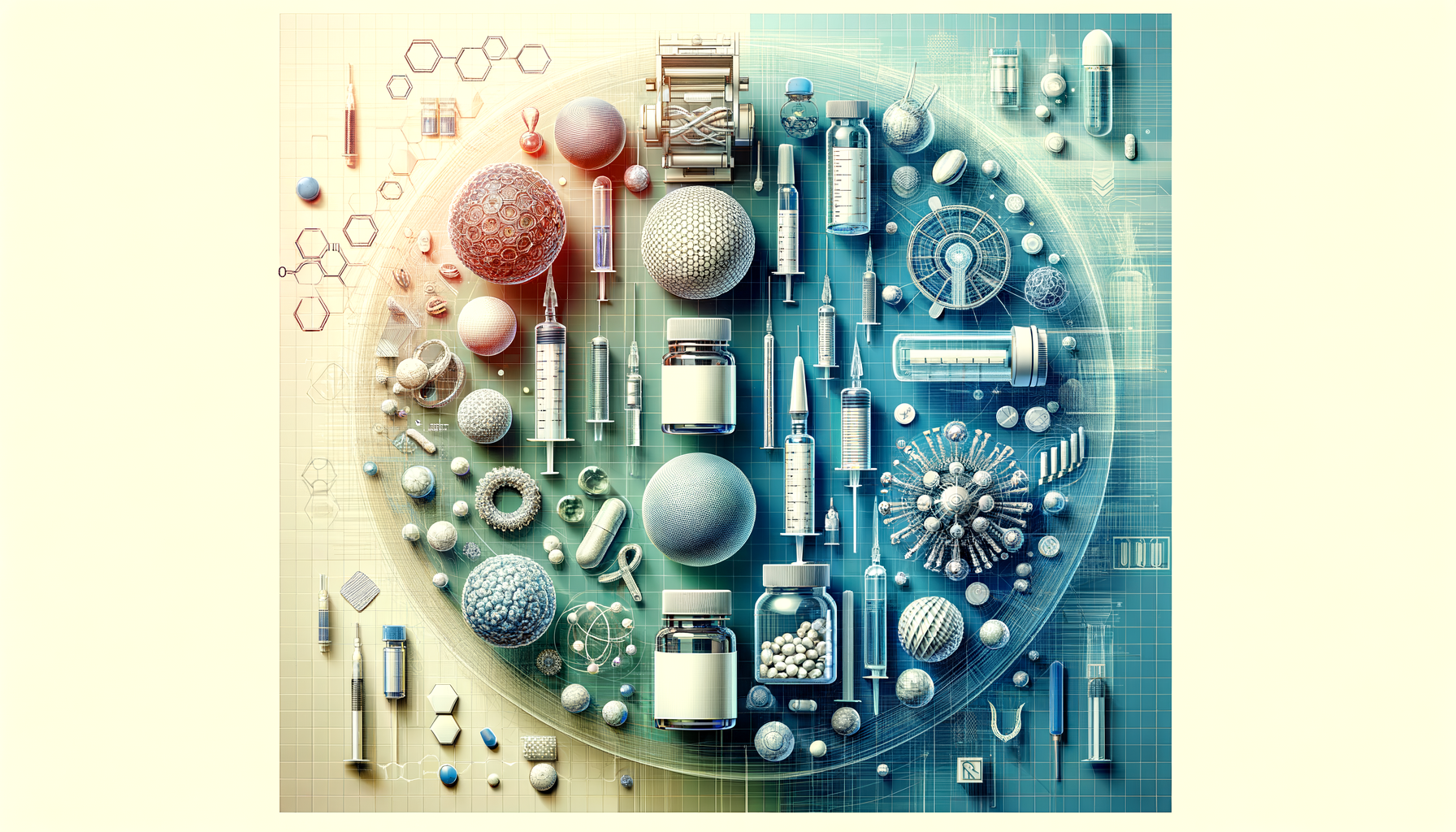Understanding Erectile Dysfunction
Erectile dysfunction (ED) is a common condition that affects many men worldwide. It is characterized by the inability to achieve or maintain an erection sufficient for satisfactory sexual performance. The causes of ED can be varied, ranging from physical conditions like heart disease and diabetes to psychological factors such as stress and anxiety. Understanding the underlying cause is crucial in determining the appropriate treatment approach.
ED is not just a physical issue; it can also have significant psychological impacts, affecting self-esteem and relationships. It’s important to approach this condition with sensitivity and a comprehensive understanding of its multifaceted nature.
Pharmacological Treatments
One of the most common treatments for ED is the use of pharmacological agents. Medications such as phosphodiesterase type 5 (PDE5) inhibitors are often prescribed to help men achieve and maintain an erection. These medications work by increasing blood flow to the penis and are taken before engaging in sexual activity.
While effective for many, these medications are not suitable for everyone. Individuals with certain health conditions or those taking medications that may interact with PDE5 inhibitors should consult their healthcare provider for alternative options. Side effects can include headaches, flushing, and upset stomach, but these are generally mild and temporary.
Therapeutic Approaches
For those whose ED is rooted in psychological factors, therapy can be a beneficial treatment option. Cognitive behavioral therapy (CBT) and sex therapy are two approaches that can help address the mental and emotional aspects of ED. These therapies aim to reduce anxiety related to sexual performance and improve communication between partners.
Therapy can be particularly effective when combined with other treatment methods, offering a holistic approach to managing ED. It encourages individuals to explore underlying issues such as stress, relationship dynamics, or past trauma that may be contributing to their condition.
Medical Devices and Surgical Options
In cases where medications and therapy are not effective, medical devices or surgical interventions may be considered. Vacuum erection devices (VEDs) are non-invasive options that can help achieve an erection by creating a vacuum around the penis, drawing blood into the area.
For more severe cases, surgical procedures such as penile implants may be recommended. These implants can be either inflatable or semi-rigid and are designed to provide a permanent solution to ED. Surgery carries risks and should be considered only after other treatments have been explored.
Lifestyle Modifications and Natural Remedies
Sometimes, simple lifestyle changes can significantly impact ED. Regular exercise, a balanced diet, and avoiding substances like tobacco and excessive alcohol can improve overall health and reduce the symptoms of ED. Weight loss and increased physical activity can enhance blood flow and boost confidence, contributing to improved sexual performance.
Some individuals also explore natural remedies, such as herbal supplements, though these should be approached with caution and discussed with a healthcare provider to ensure safety and efficacy. Not all natural products are scientifically proven, and their interactions with other medications need to be considered.
Conclusion: Finding the Right Treatment for You
ED is a complex condition with various treatment options available. The right approach depends on the individual’s specific circumstances, including the underlying causes and personal preferences. Consulting with a healthcare provider is essential to determine the most appropriate and effective treatment plan. By understanding the options and being open to a combination of treatments, individuals can manage ED successfully and improve their quality of life.




Leave a Reply